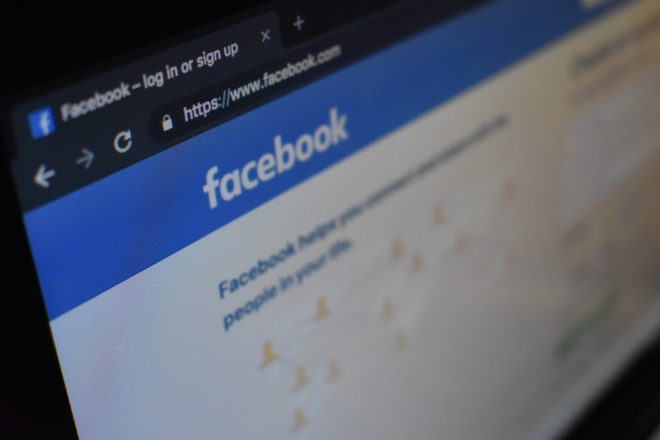Facebook Reminds Restaurant Owners to Prevent Fake Reviews

Facebook will be ramping up enforcement of fake reviews of restaurants this year, company executive Nicola Mendelsohn told BBC Radio today. She sympathized with restaurants looking to reopen due to coronavirus restrictions, but said her compliance team has noticed an uptick in fake reviews. “Some businesses, when they are under an awful lot of pressure from their customers — no matter how good they are — they will add a fake review to get a kickback from Facebook” she said, referring to Facebook’s large installed user base of 2.6 billion monthly active users. “People who want to do this will get shut down on our platform,” she reiterated today.
The seminal poll by Pew Research Center estimated in 2016 that 82% of U.S. adults read online customer ratings before purchasing an item online for the first time, including 40% who “almost always do so.” These numbers have been subsequently corroborated by other polls, including TrustPilot which estimates that 2016’s 82% figure has risen to 89% today.
Facebook has a long-standing policy of banning users who use spam tactics to boost their ranks on the site. Facebook has not specified how it verifies reviews, but the company even shares egregious violations information with local authorities. “We have had some proof of abuse… But I wouldn’t want to go into detail about what that is or how we will pursue it,” Mendelsohn said today. She knows that individual users cannot always discern fake reviews, so they rely on Facebook’s moderation capabilities.
For restaurant owners looking for indications that their reviews might be algorithmically flagged for spam, there are several ways to encourage authentic reviews. These techniques will be critical as the hard-hit restaurant industry emerges from lockdown this month. As of today, there have been 3.55 million confirmed COVID-19 cases and more than 249,000 deaths worldwide. The National Restaurant Association estimates that since the COVID-19 outbreak began, eight million restaurant employees have been laid off or furloughed.
- User-generated content always increases the authenticity of customer reviews. Authentic media can include photos, videos, Yelp check-ins, and other geofenced metadata like timestamps.
- Descriptions that describe the physical characteristics of a restaurant — such as how big it is inside or what parking is like — are more reliable, says Stanford professor Jeff Hancock. “Since fake reviewers have never visited, they can’t share spatial details,” Hancock explained in the May 4, 2020 print edition of First for Women magazine. “These are visual facts you’d only know if you’ve been there.”
- Hancock also advises that algorithms are trained to detect excessive use of first person language (“my,” “mine,” “me” and “I”) in reviews. “When people are lying, they tend to use the first person more often in an attempt to seem authentic.”
- Finally, Hancock warns business owners that fake reviews often focus on activities around the business, rather than describing the business itself. A review that talks about what someone did is a hint that they might not have actually been there, because they are merely describing activities that could have occurred anywhere.
These tactics are not just to maintain compliance with Facebook policies; reviews generate revenue directly. Restaurants with abundant, genuine reviews attract new visitors who read those comments. Plus, even for users who do not read the reviews directly, new customers encounter listings and rankings of restaurants that are influenced by reviews. Artificial Intelligence-powered algorithms crawl reviews on social networks when they perform searches for the best restaurants, prioritizing restaurants with the most authentic reviews. Finally, positive reviews are self-reinforcing due to the availability cascade; the built-in virality of commenting by customers who are naturally drawn to popular comment threads, which altogether benefits the restaurant’s traffic.
Photo by Glen Carrie on Unsplash

Leave a Reply